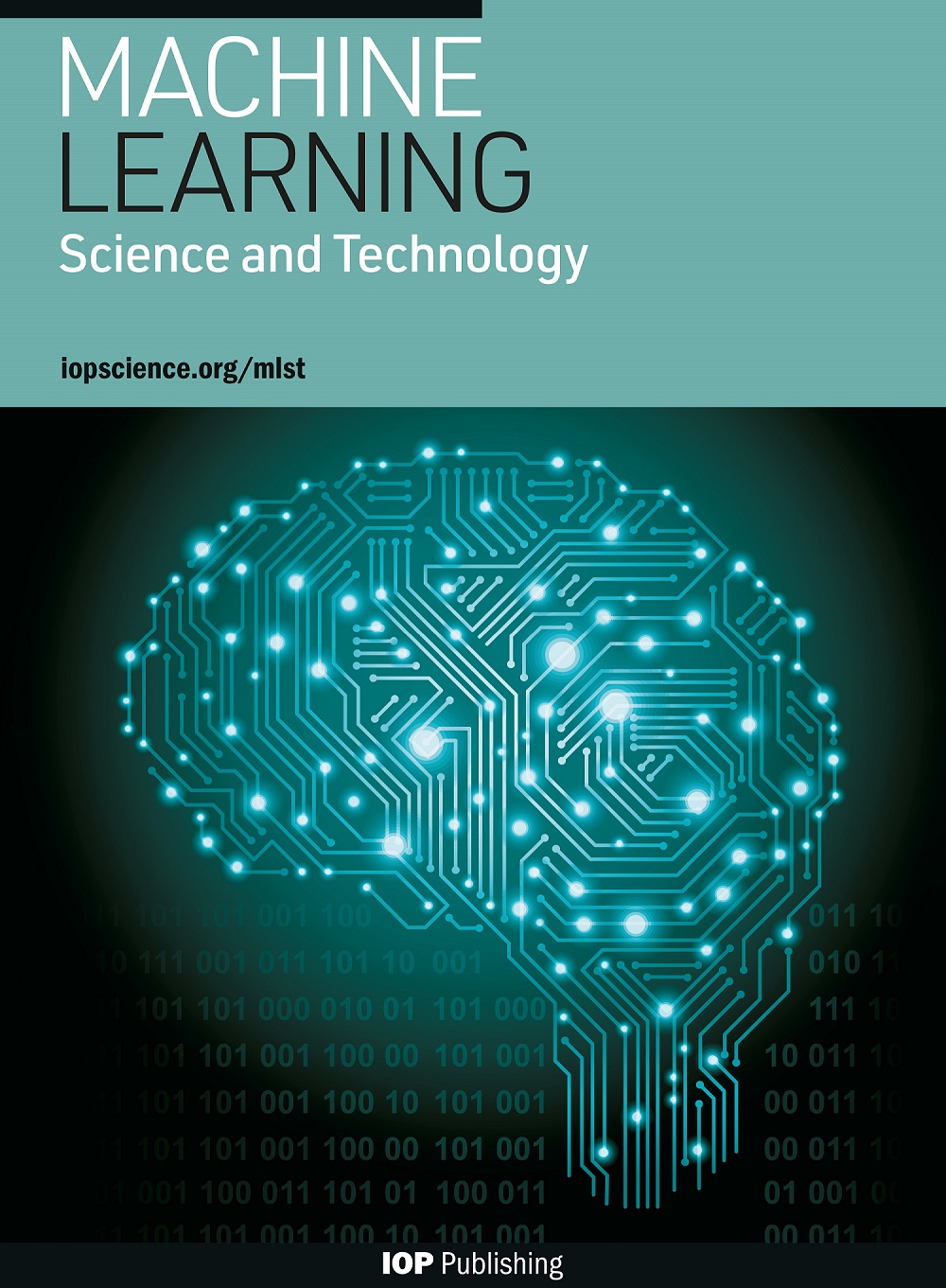Estimating truncation effects of quantum bosonic systems using sampling algorithms
IF 6.3
2区 物理与天体物理
Q1 COMPUTER SCIENCE, ARTIFICIAL INTELLIGENCE
引用次数: 0
Abstract
Abstract To simulate bosons on a qubit- or qudit-based quantum computer, one has to regularize the theory by truncating infinite-dimensional local Hilbert spaces to finite dimensions. In the search for practical quantum applications, it is important to know how big the truncation errors can be. In general, it is not easy to estimate errors unless we have a good quantum computer. In this paper, we show that traditional sampling methods on classical devices, specifically Markov Chain Monte Carlo, can address this issue for a rather generic class of bosonic systems with a reasonable amount of computational resources available today. As a demonstration, we apply this idea to the scalar field theory on a two-dimensional lattice, with a size that goes beyond what is achievable using exact diagonalization methods. This method can be used to estimate the resources needed for realistic quantum simulations of bosonic theories, and also, to check the validity of the results of the corresponding quantum simulations.用抽样算法估计量子玻色子系统的截断效应
为了在基于量子位或量子位的量子计算机上模拟玻色子,必须通过将无限维局部希尔伯特空间截断为有限维来正则化理论。在寻找实际的量子应用时,知道截断误差有多大是很重要的。一般来说,除非我们有一台好的量子计算机,否则估计误差并不容易。在本文中,我们表明传统的采样方法在经典设备上,特别是马尔可夫链蒙特卡罗,可以解决这个问题,对于一个相当一般的一类玻色子系统,具有合理数量的可用计算资源。作为演示,我们将这个想法应用于二维晶格上的标量场理论,其大小超出了使用精确对角化方法可以实现的范围。这种方法可以用来估计玻色子理论实际量子模拟所需的资源,也可以用来检验相应量子模拟结果的有效性。
本文章由计算机程序翻译,如有差异,请以英文原文为准。
求助全文
约1分钟内获得全文
求助全文
来源期刊

Machine Learning Science and Technology
Computer Science-Artificial Intelligence
CiteScore
9.10
自引率
4.40%
发文量
86
审稿时长
5 weeks
期刊介绍:
Machine Learning Science and Technology is a multidisciplinary open access journal that bridges the application of machine learning across the sciences with advances in machine learning methods and theory as motivated by physical insights. Specifically, articles must fall into one of the following categories: advance the state of machine learning-driven applications in the sciences or make conceptual, methodological or theoretical advances in machine learning with applications to, inspiration from, or motivated by scientific problems.
 求助内容:
求助内容: 应助结果提醒方式:
应助结果提醒方式:


